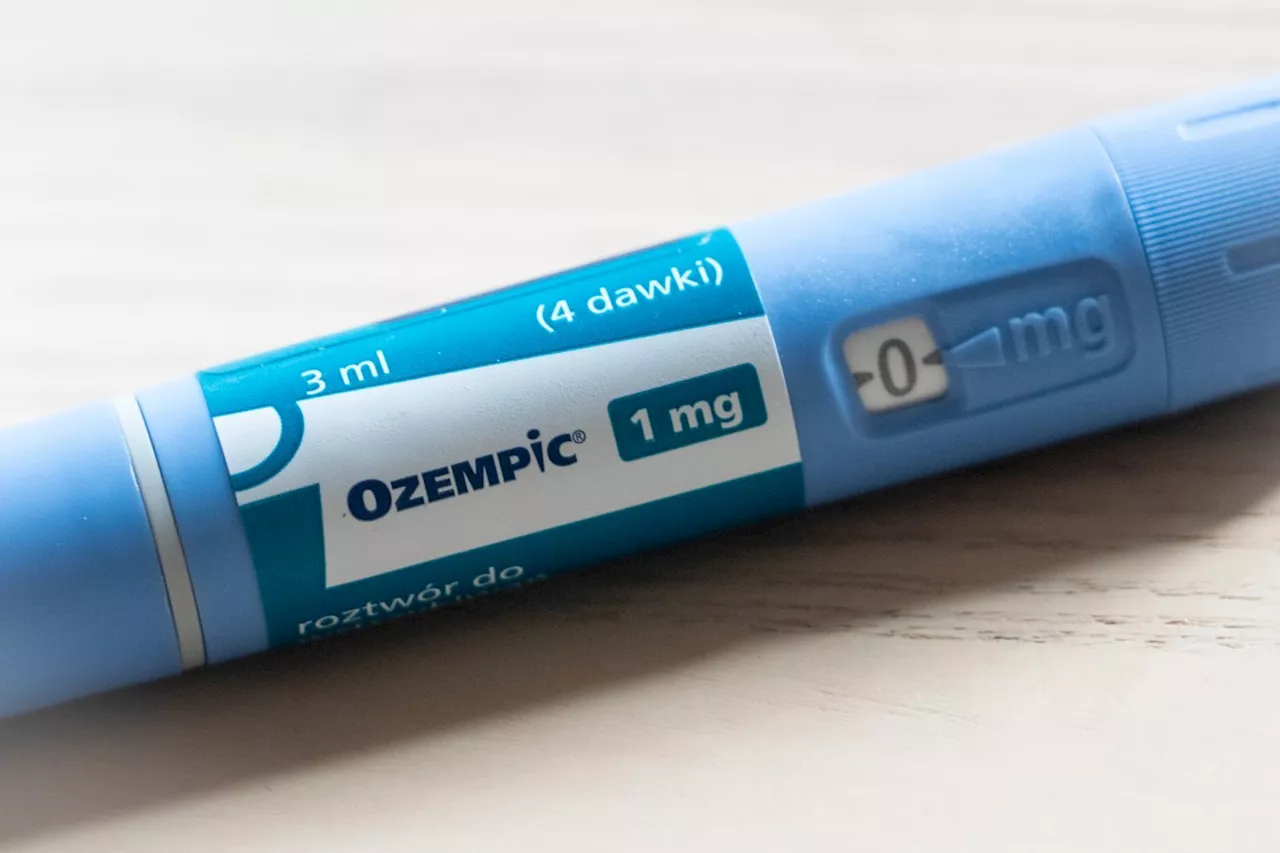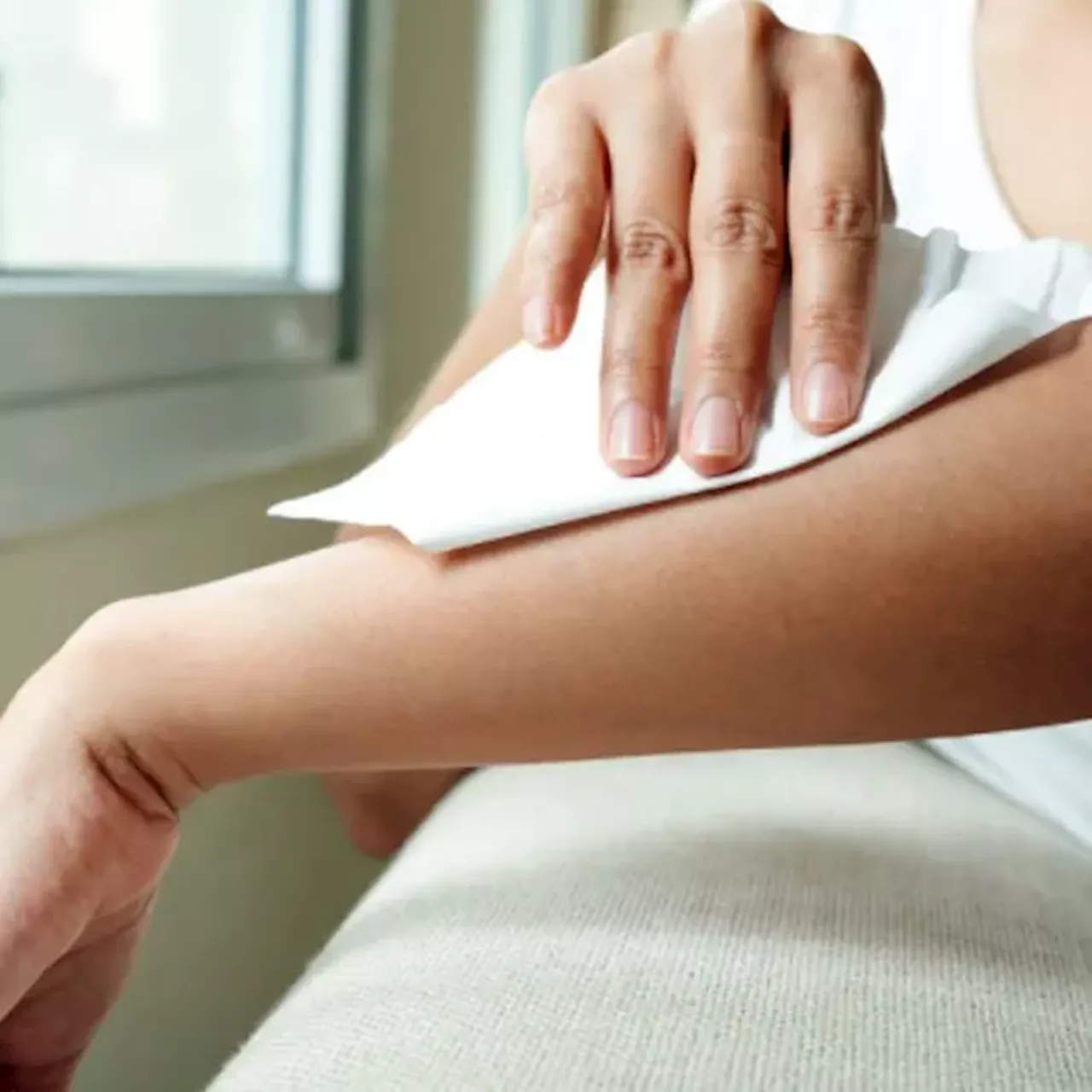This article provides practical tips for managing eczema symptoms, focusing on clothing choices, skincare routines, and stress management techniques. It covers topics such as choosing breathable fabrics, avoiding irritants, protecting sensitive skin, and incorporating calming practices into daily life.
Scratching an inflamed patch of skin can worsen the condition. To minimize damage, trim your nails short and smooth any rough edges. Consider using the side or top of your hand to scratch instead of your nails.For intense itching, keep a washcloth in the refrigerator or freezer. Applying it to the affected area for up to 20 minutes at a time can numb the skin and provide instant relief, while also reducing redness and swelling. Always place a towel between the washcloth and your skin.
You can also store moisturizing creams in the fridge for an added calming effect.Choose clothing made from breathable fabrics like 100% cotton, bamboo, silk, or Tencel. These natural materials allow your skin to breathe and prevent overheating, which can exacerbate itching. Avoid wool and synthetic fabrics like nylon and polyester. Opt for all-cotton sheets with a high thread count for better durability and reduced skin irritation.Loose-fitting clothing is essential for managing eczema. Tight garments, including elastics, can rub against the skin and trigger itching. Choose styles that allow your skin to move freely. For instance, leave the top button of your shirt undone if you wear a necktie and opt for shorts and underwear with fabric-covered elastic waistbands. Choose simpler bra styles or consider going braless whenever possible.Before wearing new clothes, wash them with an unscented, mild detergent to remove any harsh chemicals that may irritate your skin. Consider running a second rinse cycle for extra cleansing. Cut off labels and tags from your clothing to prevent further irritation. You can cover pant seams with strips of silk, and turn clothes like pajamas inside out to avoid feeling the scratchy insides.For hand eczema, incorporate a soothing bedtime routine. Soak your hands in warm water before bed, followed by applying a fragrance-free moisturizing cream, ointment, or prescription cream. Then, slip on a pair of cotton gloves to lock in the moisture overnight.To protect your hands from scratching during work, consider using fingerless gloves. These provide coverage while allowing you to use your hands freely for typing or phone use.Showering before bed and applying cream or ointment immediately afterwards can hydrate your skin and reduce nighttime itching. Use lukewarm water and keep showers short (15 minutes or less). Apply cream within 3 minutes of drying your skin to allow it to penetrate.Choose gentle soaps free from alcohol, retinoids, alpha-hydroxy acid (AHA), and fragrances. These ingredients can dry out your skin and trigger irritation. Be mindful of surfaces that can irritate bare skin, such as rough carpets, scratchy furniture, and prickly grass. Use a towel or blanket as a barrier when sitting on these surfaces.Stress can exacerbate eczema symptoms. Dedicate time each day for relaxation techniques like meditation, walking, listening to music, or engaging in activities that bring you joy. If you find it difficult to manage stress, consider seeking support from a counselor
ECZEMA SKINCARE CLOTHING STRESS RELIEF MOISTURIZER
United States Latest News, United States Headlines
Similar News:You can also read news stories similar to this one that we have collected from other news sources.
 This Compact and Quiet Nebulizer Is a Game-Changer for Managing Respiratory SymptomsThis portable and cordless nebulizer is helping reviewers manage respiratory symptoms caused by poor air quality. With its compact design, quiet operation, and rechargeable battery, it's easy to use at home, work, or on the go. The nebulizer also features two power settings and two mask sizes to suit different needs.
This Compact and Quiet Nebulizer Is a Game-Changer for Managing Respiratory SymptomsThis portable and cordless nebulizer is helping reviewers manage respiratory symptoms caused by poor air quality. With its compact design, quiet operation, and rechargeable battery, it's easy to use at home, work, or on the go. The nebulizer also features two power settings and two mask sizes to suit different needs.
Read more »
 13 Best Eczema Creams for Itchy Skin in 2025, Per DermatologistsWe asked dermatologists for the best eczema creams to tackle redness and itchiness. Our picks come from Vaseline, CeraVe, Eucerin, Aquaphor, and more.
13 Best Eczema Creams for Itchy Skin in 2025, Per DermatologistsWe asked dermatologists for the best eczema creams to tackle redness and itchiness. Our picks come from Vaseline, CeraVe, Eucerin, Aquaphor, and more.
Read more »
 Higher White Blood Cell Count Linked to More Severe Long COVID Symptoms in WomenA new study suggests a correlation between higher white blood cell counts and the severity of long COVID symptoms in women. Researchers analyzed blood samples from over 1,200 women who participated in a COVID study and found that 36% experienced long COVID symptoms, with 75% of those women reporting two or more symptoms. The study proposes that elevated inflammation, potentially pre-existing or triggered by the initial infection, could contribute to the persistence of long COVID symptoms.
Higher White Blood Cell Count Linked to More Severe Long COVID Symptoms in WomenA new study suggests a correlation between higher white blood cell counts and the severity of long COVID symptoms in women. Researchers analyzed blood samples from over 1,200 women who participated in a COVID study and found that 36% experienced long COVID symptoms, with 75% of those women reporting two or more symptoms. The study proposes that elevated inflammation, potentially pre-existing or triggered by the initial infection, could contribute to the persistence of long COVID symptoms.
Read more »
 PhD Position: Managing Evolutionary Trajectories of Cattle Populations for Agroecological SustainabilityA PhD position is available at INRAE/AgroParisTech joint research unit on Animal Genetics and Integrative Biology (GABI) to study the genetic diversity of farm animals and develop theoretical approaches to quantitative genetics. The research will focus on managing gene-environment interactions and anticipating future breeding strategies to prepare cattle populations for changing agricultural conditions.
PhD Position: Managing Evolutionary Trajectories of Cattle Populations for Agroecological SustainabilityA PhD position is available at INRAE/AgroParisTech joint research unit on Animal Genetics and Integrative Biology (GABI) to study the genetic diversity of farm animals and develop theoretical approaches to quantitative genetics. The research will focus on managing gene-environment interactions and anticipating future breeding strategies to prepare cattle populations for changing agricultural conditions.
Read more »
 Managing High Triglycerides Through DietThis article explores dietary strategies for managing high triglyceride levels, focusing on carbohydrate intake, sugar consumption, fat choices, and specific food recommendations.
Managing High Triglycerides Through DietThis article explores dietary strategies for managing high triglyceride levels, focusing on carbohydrate intake, sugar consumption, fat choices, and specific food recommendations.
Read more »
 The GLP-1 Revolution: A Doctor's Guide to Understanding and Managing These Weight-Loss DrugsThis book offers a comprehensive guide to GLP-1 medications, helping readers understand their benefits, risks, and how to use them effectively. Written by an obesity medicine specialist, it addresses common misconceptions, provides tips for navigating healthcare systems, and offers advice on managing side effects.
The GLP-1 Revolution: A Doctor's Guide to Understanding and Managing These Weight-Loss DrugsThis book offers a comprehensive guide to GLP-1 medications, helping readers understand their benefits, risks, and how to use them effectively. Written by an obesity medicine specialist, it addresses common misconceptions, provides tips for navigating healthcare systems, and offers advice on managing side effects.
Read more »
